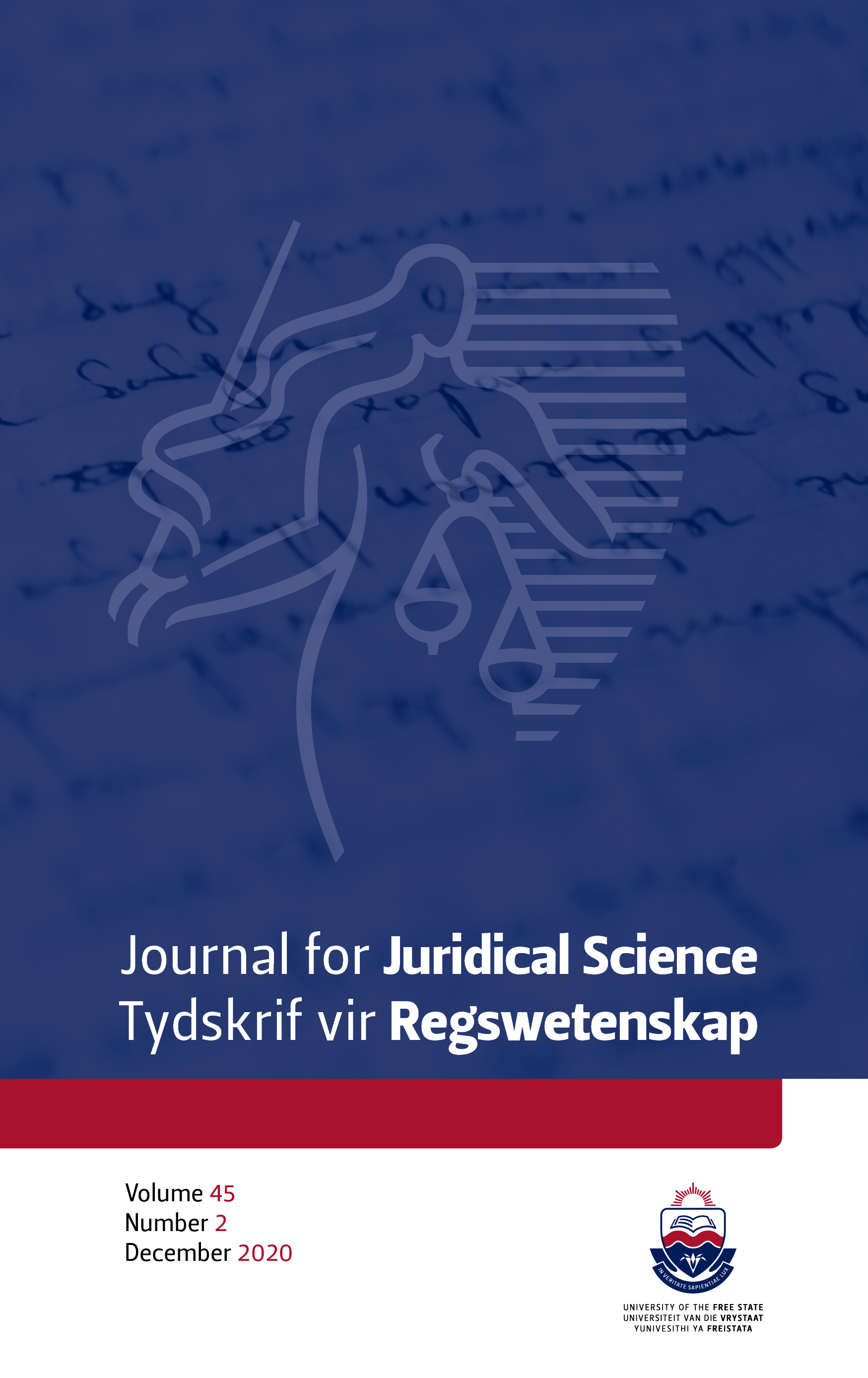Using peer tutors to improve the legal writing skills of first-year law students at University of KwaZulu-Natal, Howard College School of Law
DOI:
https://doi.org/10.18820/24150517/JJS45.i2.5Abstract
Over the past few decades, the University of KwaZulu-Natal’s Howard College School of Law (UKZN School of Law) has paid considerable attention to improving the legal writing skills of its first-year law (LLB) students. In its quest to improve these skills, the School of Law has implemented a number of writing interventions, which have focussed on finding a creative solution to the problem of balancing the need for time-intensive student support and the lack of staff capacity to provide it. This article argues that one such solution could be to use senior Law School students acting in the capacity of peer writing tutors. The article begins by discussing the concept of using peer tutors to teach persuasive legal writing to first-year LLB students within the context of a collaborative andsocial constructivist teaching and learning paradigm. It proceeds to discuss the substantial benefits of using senior law students as peer tutors and the training that must be provided to them. This tutor training is essential, since many of the peer tutors, despite being senior law students, lack experience in teaching persuasive writing and therefore must still develop these skills. Thus, the article explores the significance of the training aspect of using senior law students to tutor persuasive writing to first-year law students, including the theoretical underpinnings of this training as well as its practical application. In this discussion, two models of peer tutor development are examined – “participatory peer-tutor development” and “peer-tutor development sequencing” – before discussing the practical (and necessary) application of both of these models in the module Teaching Legal Skills (“TLS”) at the UKZN School of Law. Finally, the article makes recommendations that could inform the design of a viable, cost-effective, energy- efficient future legal writing programme, and suggests possible ways of overcoming or avoiding the challenges identified.
Downloads
##submission.downloads##
Published
Issue
Section
License
Copyright (c) 2020 Author(s)

This work is licensed under a Creative Commons Attribution 4.0 International License.




